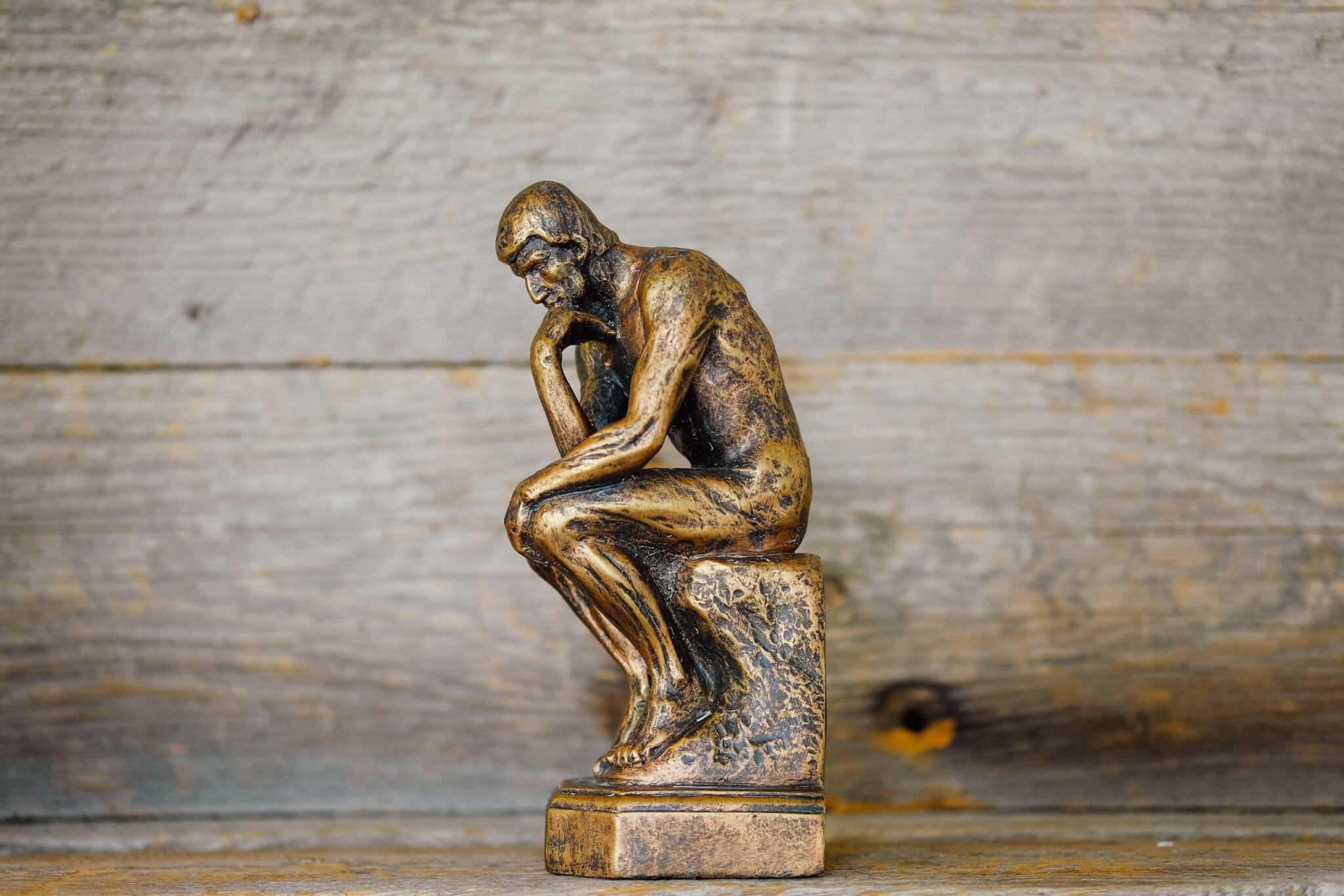Good Arguments: How Debate Teaches Us to Listen and Be Heard
Author Bo Seo teaches readers the skills of competitive debate, and in doing so shows how they can improve their communication with friends, family, and colleagues alike.

This booklist and resource guide builds off of the Navigating Information Fatigue: 3-Part Series webinar series with Calum Matheson, Ph.D., and Debate 101 with Georgia Bedford, Ph.D. (Visiting Lecturer of Communication and Interim Associate Director William Pitt Debating Union (WPDU) at the University of Pittsburgh – Department of Communication).
Author Bo Seo teaches readers the skills of competitive debate, and in doing so shows how they can improve their communication with friends, family, and colleagues alike.
Thank You for Arguing is your master class in the art of persuasion, taught by professors ranging from Bart Simpson to Winston Churchill. The time-tested secrets the book discloses include Cicero’s three-step strategy for moving an audience to action as well as Honest Abe’s Shameless Trick of lowering an audience’s expectations by pretending to be unpolished.
You can also check out this title as eBook on OverDrive/Libby.
Like its predecessor, Modern Ethics in 77 Arguments explores long-standing ethical and moral issues in light of our most urgent dilemmas. Divided into twelve sections, the book opens with a series of broad arguments on existence, human nature and morality. Indeed, “big” questions of the human condition are explored by some of our best-known and most accomplished living philosophers: What is the meaning of our existence? Should we really “do what we love”? How should we respond to evil? Is pure altruism possible?
You can also check out this title as eBook on OverDrive/Libby.
Reason, long held as the highest human achievement, is under siege. According to Aristotle, the capacity for reason sets us apart from other animals, yet today it has ceased to be a universally admired faculty. Rationality and reason have become political, disputed concepts, subject to easy dismissal. Julian Baggini argues eloquently that we must recover our reason and reassess its proper place, neither too highly exalted nor completely maligned.
This title is also available as an eBook on Hoopla.
The Art of Rhetoric is a fascinating consideration of the force of persuasion and sophistry, and a compelling guide to the principles behind the oratorical skill.
You can also check out this title as an eBook on Hoopla.
In this fascinating little book, the smallest on its subject ever produced, philosopher Earl Fontainelle explores the ancient art of discursive Logic and demonstrates some of the techniques that have long been used to triumph over the debates and deceptions that assail us every day.
The bestselling author of Give and Take and Originals examines the critical art of rethinking: learning to question your opinions and open other people’s minds, which can position you for excellence at work and wisdom in life.
You can also check out this title as eBook on OverDrive/Libby or as eAudio on OverDrive/Libby.
The Autobiography of Malcolm X stands as the definitive statement of a movement and a man whose work was never completed but whose message is timeless. His fascinating perspective on the lies and limitations of the American Dream, and the inherent racism in a society that denies its nonwhite citizens the opportunity to dream, gives extraordinary insight into the most urgent issues of our own time.
You can also check out this title as eBook on OverDrive/Libby.
Fallacies–or conclusions that don’t follow from their premise–are at the root of most bad arguments, but it can be easy to stumble into a fallacy without realizing it. In this clear and concise guide to good arguments gone bad, Robert Arp, Steven Barbone, and Michael Bruce take readers through 100 of the most infamous fallacies in Western philosophy, identifying the most common missteps, pitfalls, and dead-ends of arguments gone awry.
Journalist Mónica Guzmán is the loving liberal daughter of Mexican immigrants who voted–twice–for Donald Trump. When the country could no longer see straight across the political divide, Mónica set out to find what was blinding us and discovered the most eye-opening tool we’re not using: our own built-in curiosity.